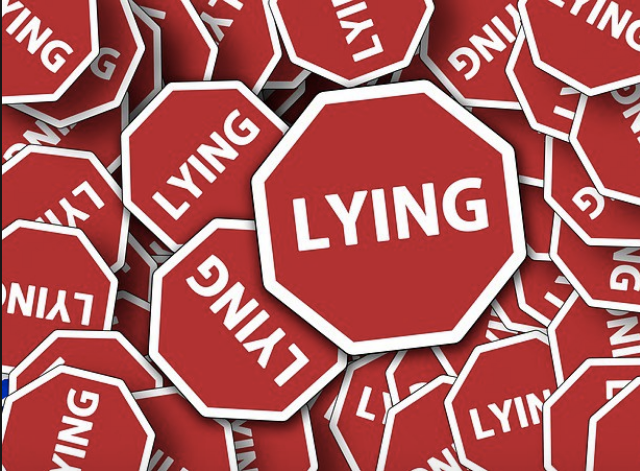WASHINGTON — Whit Ayres, a Republican political consultant here, likes to tell his clients that there are “three keys to credibility.”
“One, never defend the indefensible,” he says. “Two, never deny the undeniable. And No. 3 is: Never lie.”
Would that politicians took his advice.
Fabrications have long been a part of American politics. Politicians lie to puff themselves up, to burnish their résumés and to cover up misdeeds, including sexual affairs. (See: Bill Clinton.) Sometimes they cite false information for what they believe are justifiable policy reasons. (See: Lyndon Johnson and Vietnam.)
But President Trump, historians and consultants in both political parties agree, appears to have taken what the writer Hannah Arendt once called “the conflict between truth and politics” to an entirely new level.
From his days peddling the false notion that former President Barack Obama was born in Kenya, to his inflated claims about how many people attended his inaugural, to his description just last week of receiving two phone calls — one from the president of Mexico and another from the head of the Boy Scouts — that never happened, Mr. Trump is trafficking in hyperbole, distortion and fabrication on practically a daily basis.
In part, this represents yet another way that Mr. Trump is operating on his own terms, but it also reflects a broader decline in standards of truth for political discourse. A look at politicians over the past half-century makes it clear that lying in office did not begin with Donald J. Trump. Still, the scope of Mr. Trump’s falsehoods raises questions about whether the brakes on straying from the truth and the consequences for politicians’ being caught saying things that just are not true have diminished over time.
. . .
The glaring difference between Mr. Trump and his predecessors is the sheer magnitude of falsehoods and exaggerations; PolitiFact rates just 20 percent of the statements it reviewed as true, and a total of 69 percent either mostly false, false or “Pants on Fire.” That leaves scholars like Ms. Goodwin to wonder whether Mr. Trump, in elevating the art of political fabrication, has forever changed what Americans are willing to tolerate from their leaders.
“What’s different today and what’s scarier today is these lies are pointed out, and there’s evidence that they’re wrong,” she said. “And yet because of the attacks on the media, there are a percentage of people in the country who are willing to say, ‘Maybe he is telling the truth.’”




